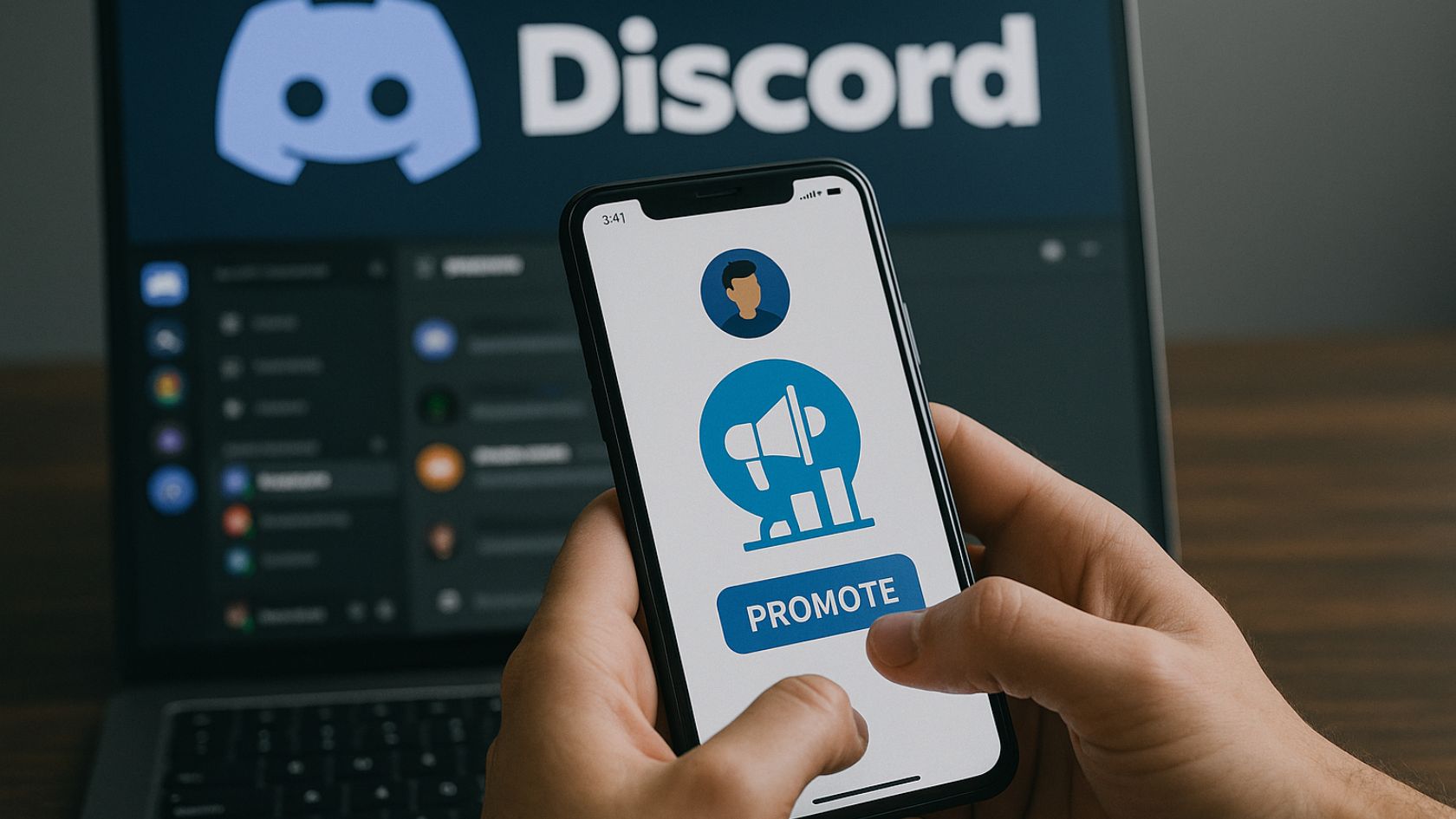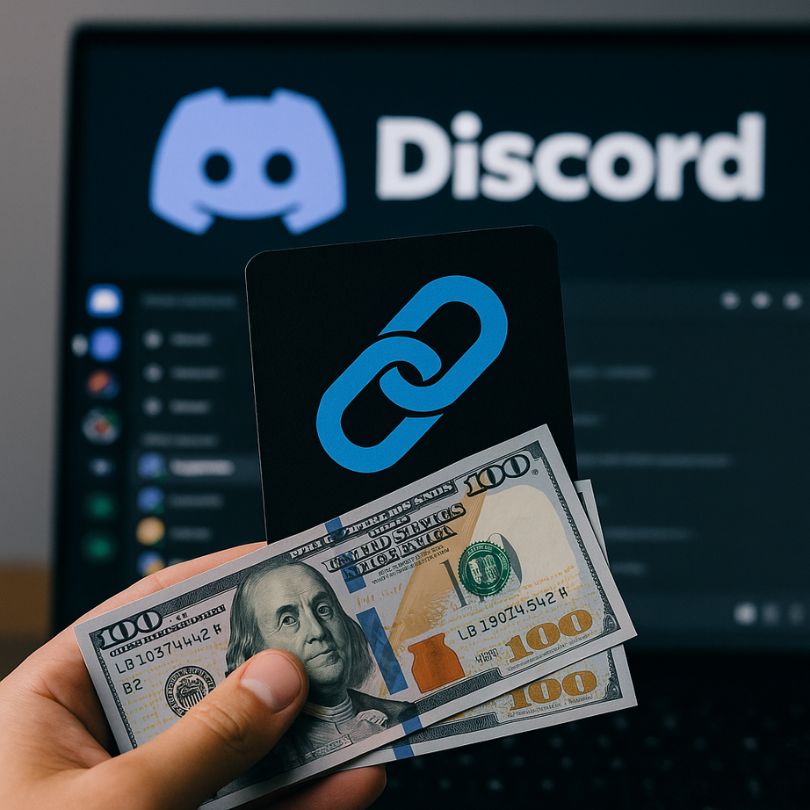
Affiliate Marketing on Discord: The Complete 2025 Guide to Monetize Your Server

Affiliate Marketing on Discord is one of the fastest‑growing, lowest‑cost ways to monetize an engaged online community while delivering real value to members.
If you are wondering whether this model actually works inside real servers, the short answer is yes—and community leaders are already doing it. A helpful discussion on whether you can do affiliate marketing in a Discord server can be found in this community thread, where creators share practical guardrails and what to avoid. Success hinges on ethics, relevance, and consistent value—not on spamming referral links.
Why Discord Works for Audience‑First Affiliate Monetization
Discord is built around persistent, topic‑focused conversation. Members opt into your server for connection and knowledge, which means trust is already present. Unlike broadcast‑first platforms, you can segment channels by intent (news, questions, reviews, deals) and move people through a lightweight funnel—from awareness to evaluation to purchase—without heavy ad spend. Pair that with roles, events, and bot‑driven automation, and you have a uniquely high‑signal environment for affiliate conversions.
Content Formats That Convert on Discord
Evergreen content wins. Publish recurring posts that educate, compare, and demonstrate products rather than dropping raw links. For example, in‑depth software reviews and buyer’s guides help members make confident decisions. Add quick‑hit “TL;DR” summaries for skimmers, then follow with details, screenshots, and real use cases. Pin the best pieces, and surface them again during launches, seasonal promos, or Q&A events.
Comparison posts are especially effective: “Tool A vs. Tool B” or “Best Budget Microphones Under $100.” Pair honest pros/cons with a clear recommendation for specific use cases. When you disclose your affiliate relationship and still choose the best pick—even when it pays less—you build credibility that compounds over time.
Short‑form tutorials and “first‑steps” guides convert new members. Record a 2‑minute clip or write a step‑by‑step post showing how to set something up. Link to a deeper review and your affiliate URL only after the tutorial provides clear value. This sequencing respects the community and improves click‑through rates.
Set Up Your Server for Conversions (Without Being Salesy)
Structure matters. Create channels like #announcements, #reviews, #deals, #q-and-a, and #resources. Keep affiliate links out of general chat; instead, point people from discussions to the relevant review or resource channel. Use channel topics and pinned posts to establish rules and expectations, including a short note on affiliate disclosures.
Roles and permissions help you guide attention. Create “Review Crew” or “Product Tester” roles to tap power users for early feedback. Offer them private threads where they can post honest impressions and screenshots. This user‑generated content accelerates trust and gives you quotes for your reviews (with permission).
Pin a transparent “Monetization & Disclosures” post. Tell members how affiliate revenue supports the server (e.g., giveaways, hosting costs, staff time). When people understand why, they’re more supportive and more likely to use your links.
Choosing Affiliate Programs That Fit Your Community
Relevance beats raw commission rate. List the top problems and recurring questions in your server. Map each to a product or service that genuinely solves it. Prefer vendors with free trials, generous refund policies, and deep learning resources, because these lower the friction to try and increase your conversion rate.
Evaluate programs on EPC (earnings per click), cookie duration, last‑click vs. first‑click credit, and deep‑link support. Ask managers for custom coupons or vanity URLs that you can read out during events. Track test purchases to verify attribution before you scale.
Diversify across a few categories (e.g., software, hardware, education) but keep the total number of partners small enough that members can remember your recommendations. The goal is to become “that server that always points me to the right tool,” not a noisy coupon feed.
Promotion Strategies: Value First, Link Second
Weekly rhythms beat random blasts. Try a simple cadence: Monday—new tutorial; Wednesday—comparison post; Friday—limited‑time deal roundup with clear expirations. Use events for live demos or office hours where you answer questions on camera and show workflows. Always follow with a written recap and timestamps so members who missed it can catch up.
Bots can help, but don’t let automation feel robotic. Use a scheduler to repost evergreen reviews once a month with updated notes. Set up keyword triggers to suggest resources when someone asks about a topic (“camera for streaming,” “CRM for freelancers”). Keep the trigger replies human in tone and include a manual override for moderators.
Leverage social proof. Create a #wins channel where members share outcomes after adopting a recommended tool. Curate these into mini case studies in your reviews. Nothing sells like a peer explaining how they saved time or money using a product you suggested.
Tracking, Analytics, and Optimization
Treat your server like a funnel. Track impressions (views in announcement/review channels), clicks (by link), and conversions (by program). Use UTM parameters that identify the channel and post type so you can see what formats perform best in your analytics dashboard. Simple spreadsheet models are enough to start; graduate to a BI tool if you run multiple servers or large catalogs.
Test headlines, lead images (if allowed), and link placement. In Discord, the first two lines of a message are prime real estate—put your benefit statement there, not the link. Use a clear call‑to‑action anchored in member value, such as “Compare pricing tiers” or “See the checklist I use.”
Iterate monthly. Sunset low‑performing posts, merge duplicates, and update winners with new data. Keep a “living” index post of your best reviews and guides, and link it in the server welcome message.
Compliance, Trust, and Long‑Term Reputation
Disclose every time you share an affiliate link. Short, plain language works: “We may earn a commission if you purchase through this link at no extra cost to you.” Mark links as rel="sponsored" where appropriate on the web, and use a short disclosure in Discord. Require the same of moderators and power users who share affiliate links.
Be brand‑safe. Avoid gray‑area offers, unverified claims, or pressure tactics. Delete spam quickly and establish a one‑strike policy for unapproved self‑promotion. Your reputation is the moat that enables long‑term affiliate revenue.
Pro tip: If a vendor offers a great product but poor landing pages, ask for a custom landing page or pre‑sale content you can host. Your conversion rate will often double when the post‑click experience matches the promise you made in Discord.
Example Playbooks You Can Copy
The Review Hub
Create a single pinned post that lists your top reviews, organized by category. Each review follows a proven template: who it’s for, key features, pricing, pros/cons, 3 use cases, and a quick start checklist. Update quarterly and add a mini‑changelog so returning members notice what’s new.
Deal Days
Host a monthly “Deal Day” with time‑boxed posts containing the most relevant discounts. Require vendors to extend a private coupon for your server; this both rewards members and gives you an exclusive angle. Follow up with a recap and ask for feedback on what to feature next month.
Live Clinics
Run a 45‑minute live session solving a real member problem end‑to‑end with a recommended product. Ask a volunteer to share their screen (or you share yours) and narrate the setup. Post the replay, timestamps, and a companion checklist so members can follow along later.
A Simple 30‑Day Plan to Launch
- Week 1: Map member problems, define channels, and write your disclosure policy. Pick 3 product categories.
- Week 2: Publish two reviews and one tutorial. Pin them and gather feedback in a thread. Validate tracking.
- Week 3: Host a live clinic. Share a comparison post and a small deal roundup. Start a
#winschannel. - Week 4: Analyze clicks/conversions. Prune weak posts, update winners, and plan next month’s content calendar.
Common Mistakes to Avoid
Don’t launch with a flood of links. Seed the server with value first—high‑quality reviews, tutorials, and a clear code of conduct. Don’t pick offers solely by payout; irrelevant products erode trust and depress future conversions. Don’t neglect analytics or disclosures; both protect your reputation and help you scale what works.
FAQs
Do I need a large server? No. Niche servers with a few hundred engaged members can outperform large general servers because recommendations are more targeted and trusted.
How often should I post affiliate content? Pick a predictable cadence (e.g., 2–3 educational posts per week) and keep pure deal posts to a minority. Quality beats quantity.
What if members share their own affiliate links? Allow it in a designated promo channel with strict rules, or disallow entirely. Consistency matters more than the specific policy.
Conclusion and Next Steps
Affiliate Marketing on Discord rewards creators who put community first. Build trust with helpful reviews, honest comparisons, and transparent disclosures; organize your server so recommendations live in the right channels; and measure what works so you can double down. As you expand, consider testing specialized programs and tools—partner directories and networks such as Anstrex can help you discover competitive offers and creative angles that resonate with your members. Start small, iterate weekly, and your Discord can become a sustainable, member‑friendly revenue stream.